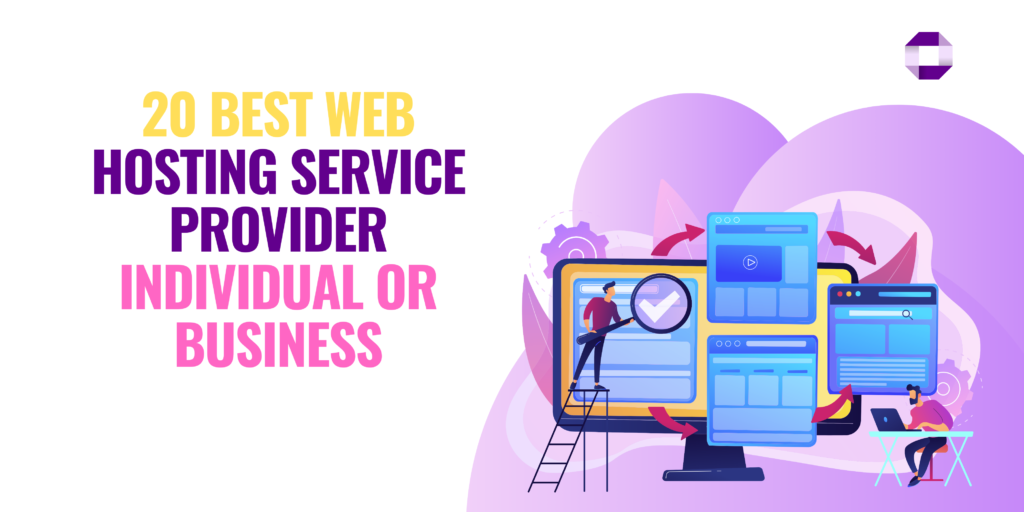In today’s data-driven world, managing databases efficiently is crucial for businesses of all sizes. Database Management Software (DBMS) enables organizations to store, manipulate, and retrieve data effectively. With numerous options available, choosing the right DBMS can be daunting. In this blog post, we’ll review the 10 best database management software solutions currently available, detailing their features, pros, cons, and pricing. Plus, we’ll include affiliate links to help you make your decision with ease!
1. Oracle Database
Overview
Oracle Database is a top-tier relational database management system designed for enterprise-level applications. Known for its robust performance, scalability, and security features, Oracle Database is suitable for large-scale businesses.
Features
- Advanced security options, including data encryption and access controls.
- Comprehensive analytics and reporting tools.
- Multi-model support for structured and unstructured data.
Pros
- Excellent scalability and performance.
- Strong support for transaction handling.
- Broad compatibility with various programming languages.
Cons
- High licensing costs.
- Requires specialized knowledge for effective management.
Pricing
Oracle Database offers various licensing models, including cloud services. Pricing can vary widely based on your specific needs and usage.
Check out Oracle Database
2. Microsoft SQL Server
Overview
Microsoft SQL Server is a relational database management system that offers advanced analytics, reporting features, and integration with other Microsoft tools. It’s suitable for small to large businesses.
Features
- In-depth business intelligence capabilities.
- Integration with Microsoft Power BI.
- Support for a wide range of data types.
Pros
- User-friendly interface.
- Strong community support and resources.
- Excellent integration with other Microsoft products.
Cons
- Windows-centric environment (though a Linux version is available).
- Can become expensive as your database grows.
Pricing
SQL Server pricing ranges from free versions (Express) to premium enterprise editions, costing thousands annually.
Explore Microsoft SQL Server
3. MySQL
Overview
MySQL is an open-source relational database management system widely used across various industries. It’s particularly popular for web applications and has a large community of developers.
Features
- High-performance replication and clustering options.
- Comprehensive indexing and optimization features.
- Support for multiple storage engines.
Pros
- Free and open-source.
- Easy to use and well-documented.
- Large community for support.
Cons
- Limited advanced features compared to enterprise solutions.
- Performance may degrade with complex queries.
Pricing
While MySQL Community Edition is free, Oracle offers paid versions with additional features and support.
Discover MySQL
4. PostgreSQL
Overview
PostgreSQL is an advanced open-source relational database known for its flexibility and extensibility. It supports both relational and non-relational queries, making it a versatile choice for developers.
Features
- ACID compliance for data integrity.
- Support for JSON and XML data types.
- Extensible through custom functions and types.
Pros
- Highly customizable.
- Strong support for various data types.
- Active community and regular updates.
Cons
- Can be complex to set up and manage.
- Performance tuning may require expertise.
Pricing
PostgreSQL is free to use, with community support options.
Learn more about PostgreSQL
5. MongoDB
Overview
MongoDB is a NoSQL database known for its document-oriented storage. It’s ideal for applications requiring scalability and quick data retrieval, such as modern web and mobile applications.
Features
- Schema-less design for flexibility.
- Powerful aggregation framework for data analysis.
- Horizontal scalability through sharding.
Pros
- High-performance for large datasets.
- Flexible document structure.
- Strong community and ecosystem.
Cons
- Less mature than traditional SQL databases.
- Learning curve for those accustomed to relational databases.
Pricing
MongoDB offers a free tier and various paid plans for cloud and enterprise usage.
Get started with MongoDB
6. Firebase
Overview
Firebase, a Google product, provides a NoSQL cloud database that enables real-time data syncing across all clients. It’s particularly popular among mobile app developers.
Features
- Real-time syncing and offline capabilities.
- Built-in analytics and A/B testing.
- Integration with other Firebase services.
Pros
- Excellent for real-time applications.
- Seamless integration with Google Cloud.
- Easy to use for developers.
Cons
- Limited query capabilities compared to SQL databases.
- Pricing can increase significantly with scale.
Pricing
Firebase offers a free tier designed for small projects, with scalable pricing as you grow.
Learn about Firebase
7. Amazon RDS
Overview
Amazon Relational Database Service (RDS) simplifies the setup, operation, and scaling of relational databases in the cloud. It supports various database engines, including MySQL, PostgreSQL, and SQL Server.
Features
- Automated backups and updates.
- Horizontal scaling and read replicas.
- Seamless integration with other AWS services.
Pros
- Flexible and easy to manage.
- High availability options.
- Scalable according to your needs.
Cons
- Dependent on AWS infrastructure.
- Learning curve for new users.
Pricing
Amazon RDS pricing varies based on the engine, instance type, and storage requirements.
Check out Amazon RDS
8. SQLite
Overview
SQLite is a lightweight, serverless, self-contained SQL database engine. It’s perfect for small applications, embedded systems, and mobile applications.
Features
- Zero-configuration; no setup is required.
- Cross-platform compatibility.
- Full ACID compliance.
Pros
- Extremely lightweight and fast.
- Easy to integrate and use.
- Ideal for local storage.
Cons
- Limited concurrency support.
- Not suitable for large-scale applications.
Pricing
SQLite is completely free to use.
Explore SQLite
9. IBM Db2
Overview
IBM Db2 is a highly scalable relational database management system that excels in handling large volumes of structured data. It’s best suited for enterprises looking for a robust solution.
Features
- Advanced data management and analytics features.
- Supports SQL and NoSQL querying.
- Extensive data warehousing capabilities.
Pros
- Strong performance for data-heavy applications.
- Comprehensive support options.
- Good integration with other IBM products.
Cons
- Complex licensing model.
- Higher cost compared to some alternatives.
Pricing
Db2 pricing can vary greatly based on deployment model, features, and usage.
Discover IBM Db2
10. Couchbase
Overview
Couchbase is a distributed NoSQL database designed for high-performance applications. Its key-value store and document capabilities make it perfect for modern web and mobile applications.
Features
- Built-in caching for improved performance.
- Multi-model database support.
- N1QL query language for SQL-like queries.
Pros
- Exceptional scalability and performance.
- Flexible data storage options.
- Strong support for mobile applications.
Cons
- Steeper learning curve.
- May require more development effort.
Pricing
Couchbase offers a free community edition, with enterprise pricing based on usage and support needs.
Learn about Couchbase
Conclusion
Choosing the right database management software is pivotal for the success of your applications. Whether you need a robust enterprise solution like Oracle Database or a lightweight option like SQLite, the perfect DBMS can help you manage your data efficiently. Explore our recommendations and leverage the affiliate links to find the best DBMS that suits your business needs.


